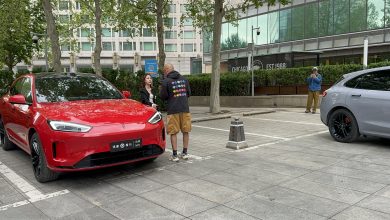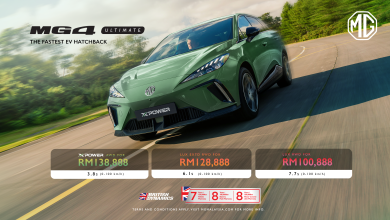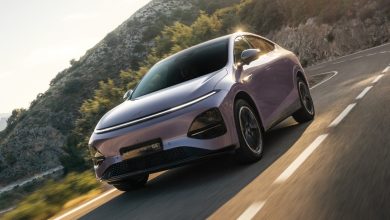Volkswagen Group Sales Down 15.2% In 2020
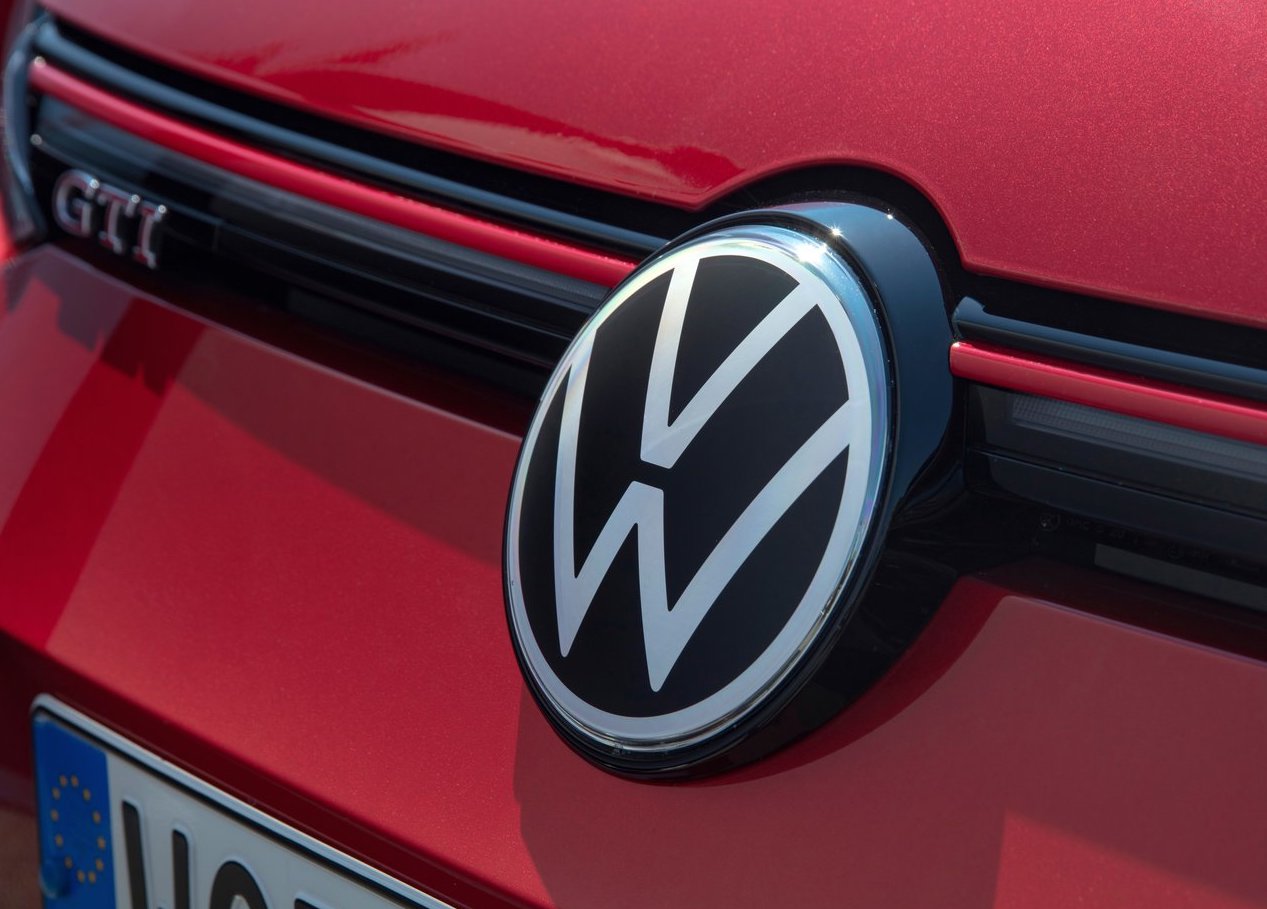
Only 9.3 million vehicles were sold by the Volkswagen Group last year.
The Volkswagen Auto Group had a rather rocky 2020 in terms of car sales, as the auto giant recently announced that it has experienced a significant decrease in sales of 15.2% over the last year when compared its 2019 figures.
Mainly attributed to the economic effect of the Covid-19 pandemic, the German auto conglomerate which consists of Volkswagen, Audi, Bentley, Bugatti, Ducati, Lamborghini, Man, Porsche, Seat, Skoda and Scania, has only collectively sold 9,305,400 vehicles worldwide last year. A drop of nearly 1.67 million from its record-setting sales year of 2019, with 10,974,600 vehicles sold that year.
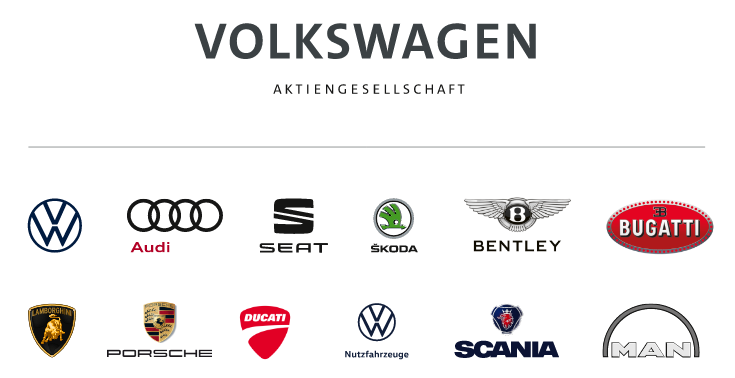
According to the Group, vehicle sales in all regions worldwide saw a dramatic decrease in 2020, with the biggest drop in sales occurring in Western Europe which saw a 21.6% decline in deliveries over the last 12 months of the year. Similar double-digit sales plunges were witnessed in North and South America, experiencing a dip in deliveries of 17.4% and 19.5% respectively last year.
Interestingly though, the Asia Pacific region was the Group’s only sales region to see a single digit decline in sales of 9.1% in 2020. Speaking of 9.1%, China too, which is incidentally the auto giant’s single largest auto market, saw a drop in deliveries of that exact figure last year, with only 3,849,000 vehicles sold there over the last 12 months.
Amid all the doom and gloom however for the world’s largest auto conglomerate, the Volkswagen Group has announced some good news in the form of the strong sales result from its electrified range over the last year. For proof of this, 2020 saw the delivery of approximately 231,600 all-electric vehicles. A figure which is more than three times the volume that was delivered in 2019.
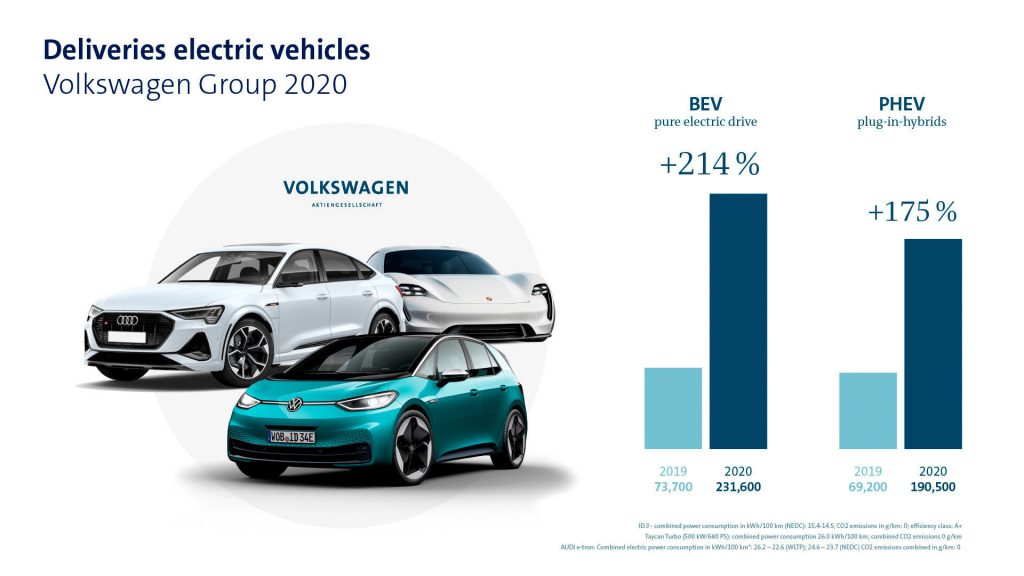
Leading this electrified charge is undoubtably the new EV peoples’ car, the Volkswagen ID.3, with 56,500 units delivered since its debut early last year. Then again, there also seems to be an appetite for high-end EVs too as the Audi e-tron is the group’s second best all-electric model for 2020, with 47,300 units delivered over the last 12 months.
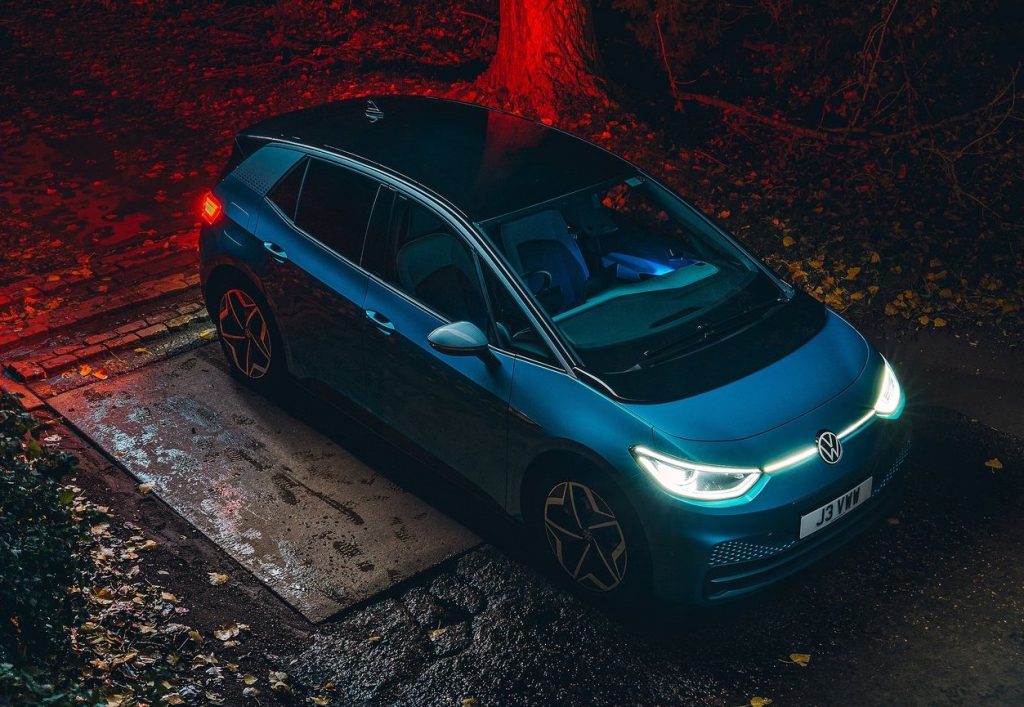
Third and fourth on the list of the top-selling EVs for the conglomerate are held by the Volkswagen e-Golf (41,300 units) and the e-Up! (22,200 units) respectively. Both of which have incidentally been discontinued for this year. Fifth place meanwhile was clinched by the Porsche Taycan four-door all-electric super-sedan, having sold impressively healthy 20,000 units worldwide over the last year.
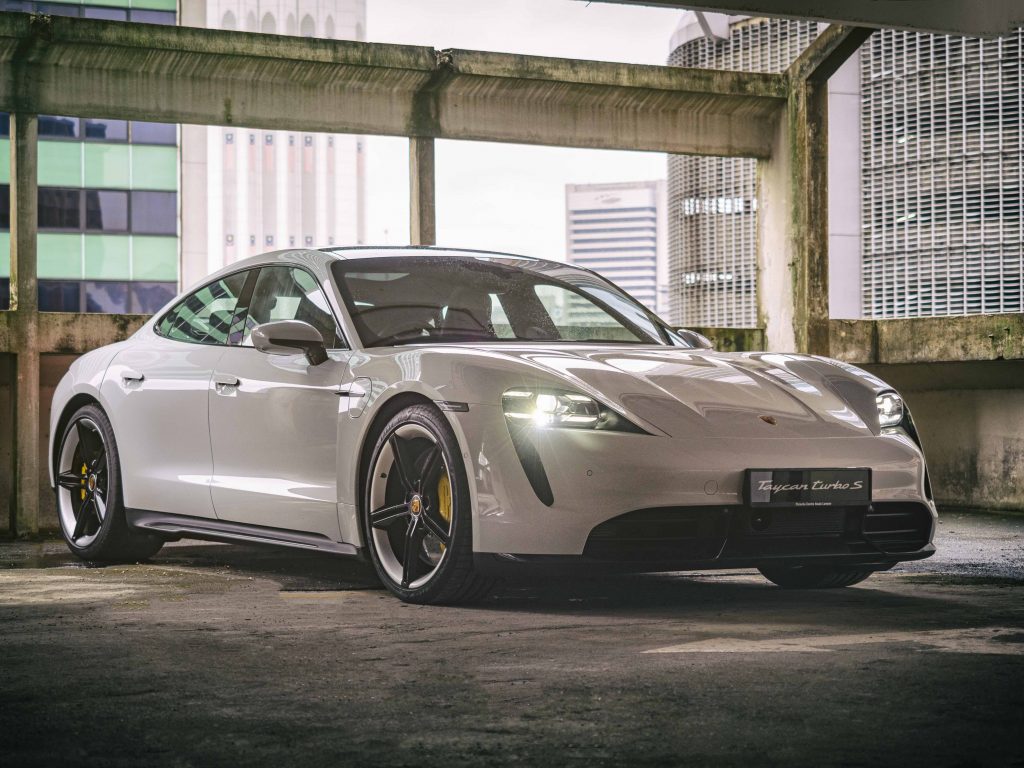
It is not just full EVs that are selling well for the group too, as PHEVs sales in 2020 have seen a 175% rise from the year before. Taking the top sales spot in this segment here is the Volkswagen Passat GTE with 27,200 units sold globally last year. This is then followed by the Audi Q5 PHEV (23,500 units), Porsche Cayenne E-Hybrid (21,500 units), Skoda Superb iV (16,400 units) and the Volkswagen Golf Mk8 eHybrid/GTE (15,200 units).
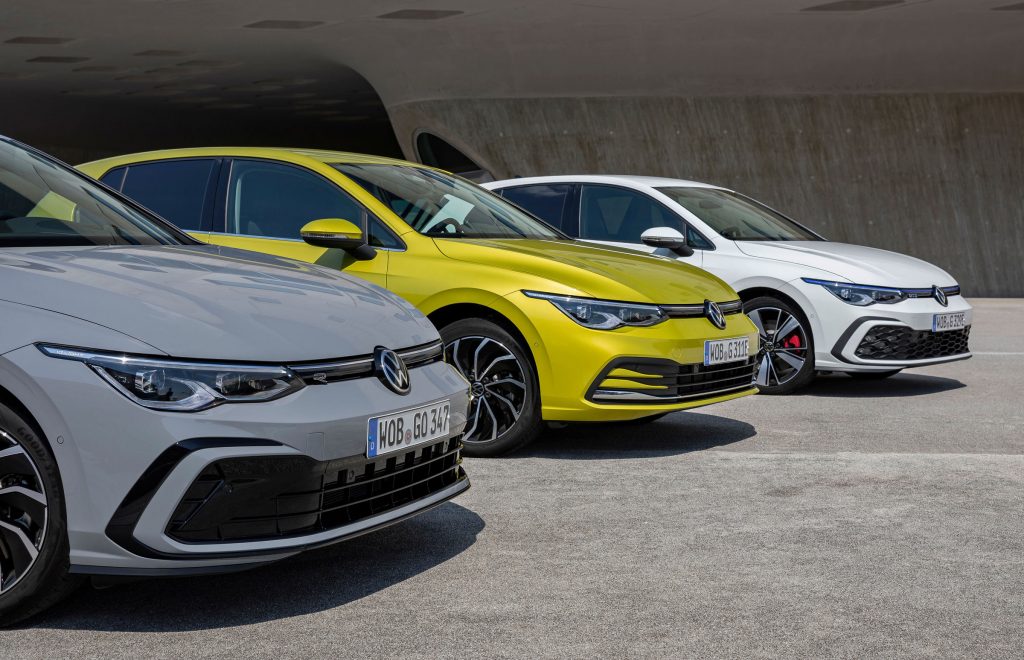
PRESS RELEASE: The Volkswagen Group handed over 9,305,400 vehicles to customers worldwide in 2020, a decrease of 15.2 percent year-on-year due to Covid-19. In December, deliveries were down just 3.2 percent on the same month of the previous year, while in the fourth quarter they declined by a total of 5.7 percent. This meant that the Group slightly expanded its global passenger car market share in 2020 amid a declining overall market. Despite the Covid-19 pandemic, the Group’s e-offensive with a large number of new models met with keen interest from customers in the year now ended and resulted in deliveries of approximately 231,600 all-electric vehicles, more than three times the volumes delivered in 2019. Plug-in hybrids were also very popular with customers, who purchased 190,500 units (+175 per-cent). In Western Europe, the share of electric vehicles therefore surged to 10.5 percent of overall deliveries (2019: 1.9 percent).
“The Covid-19 pandemic made 2020 an extremely challenging year,” said Dr. Christian Dahlheim, Head of Volkswagen Group Sales. “The Volkswagen Group performed well in this environment and strengthened its market position. We are particularly pleased that we hit the ground running in our e-offensive in spite of the pandemic and thus took a big step forward in the implementation of our Together 2025+ strategy. We will keep up the momentum this year, adding many more attractive electric models.”
Top 5 all-electric models:
- Volkswagen ID.3: 56,500 units
- Audi e-tron: 47,300 units
- Volkswagen e-Golf: 41,300 units
- Volkswagen e-up!: 22,200 units
- Porsche Taycan: 20,000 units
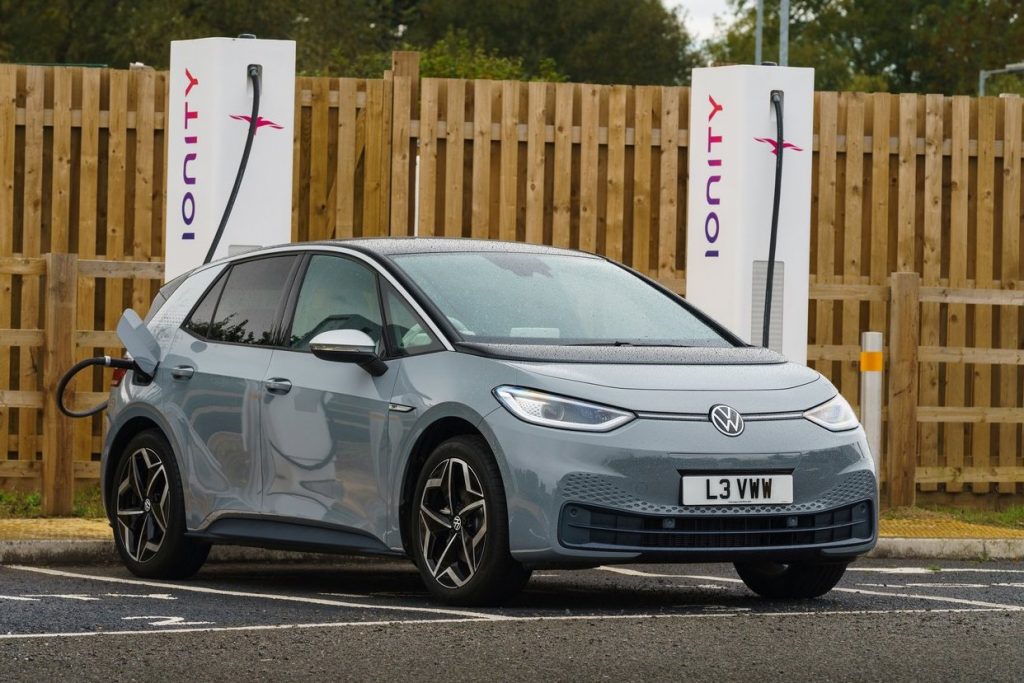
Top 5 plug-in hybrid models:
- Volkswagen Passat: 27,200 units
- Audi Q5: 23,500 units
- Porsche Cayenne: 21,500 units
- ŠKODA Superb: 16,400 units
- Volkswagen Golf: 15,200 units
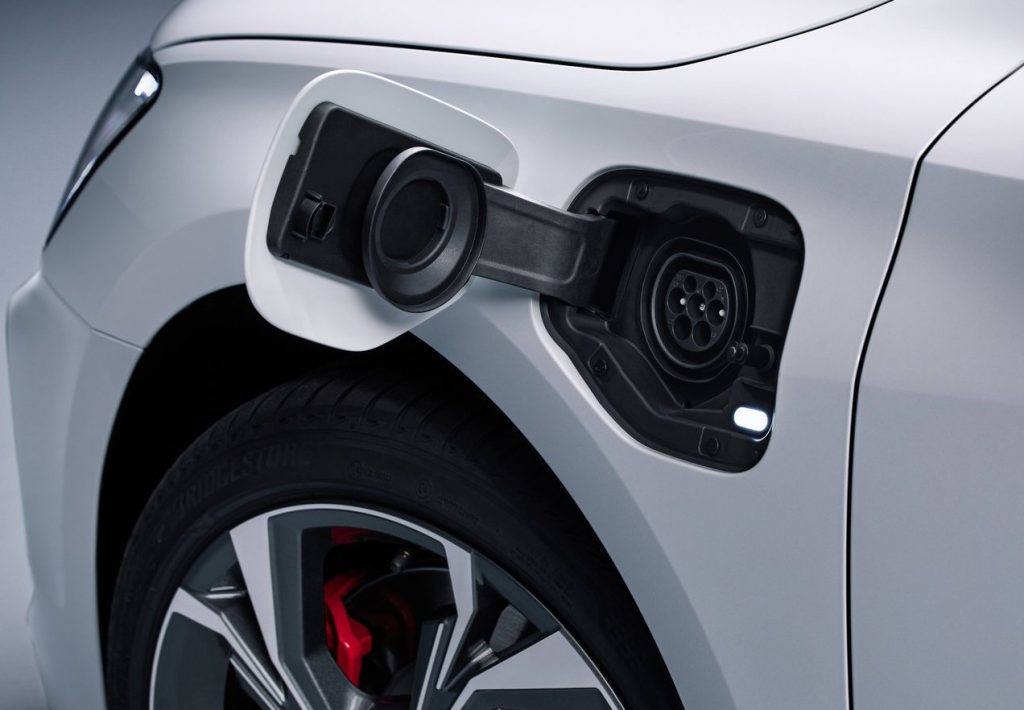
Deliveries in the regions developed as follows in 2020:
A total of 3,616,900 vehicles were delivered in Europe (-20.5 percent) and the passenger car market share was expanded to a significant degree. In Western Europe, 2,939,900 customers took possession of a Group brand vehicle (-21.6 percent). Battery electric vehicles and plug-in hybrids were very popular here, accounting for 10.5 percent of the Group’s deliveries in Western Europe (2019: 1.9 percent). Demand for electric models was even stronger in Germany, the Group’s home market, where electric vehicles made up 11.6 percent of Group deliveries (2019: 1.5 percent). Here, a total of 1,097,700 vehicles across all drive systems were handed over to customers (-19.5 percent). Deliveries in Central and Eastern Europe declined by 15.6 percent to 677,000 units.
In North America, 785,800 customers took delivery of a new Group brand vehicle, 17.4 percent fewer than in the previous year. Deliveries in the USA registered a slightly softer fall of 12.1 percent to 574,800 units.
In South America, the Group succeeded in significantly expanding its market share. A total of 489,700 vehicles were handed over to customers, representing a 19.5 percent decrease on 2019. In Brazil, the region’s largest market, deliveries fell on a similar scale by 19.7 percent to 377,600 units.
The Asia-Pacific region was the fastest to recover from the impact of the Covid-19 pandemic. Here, the Volkswagen Group saw deliveries drop by 9.1 percent to 4,122,200 units. In China, the Group’s largest single market, deliveries were down 9.1 percent, with 3,849,000 vehicles sold.



